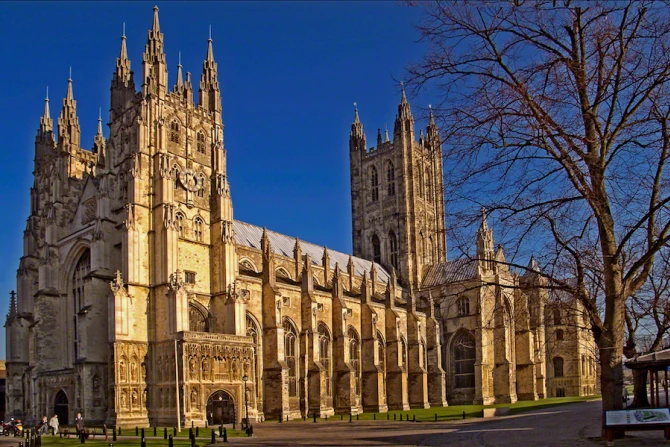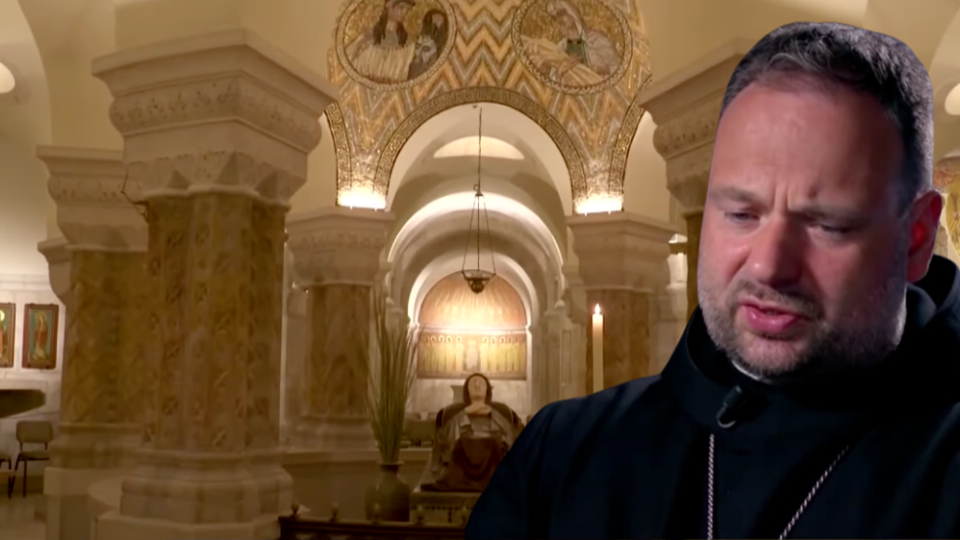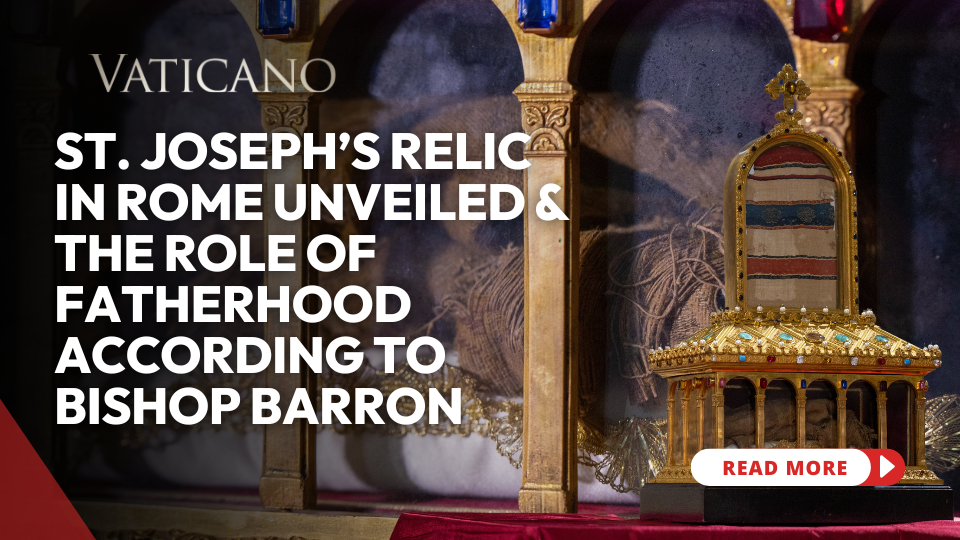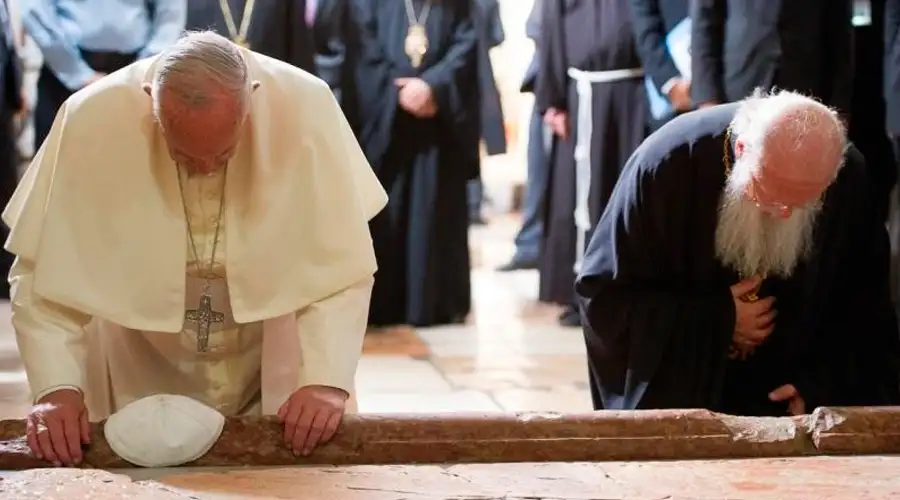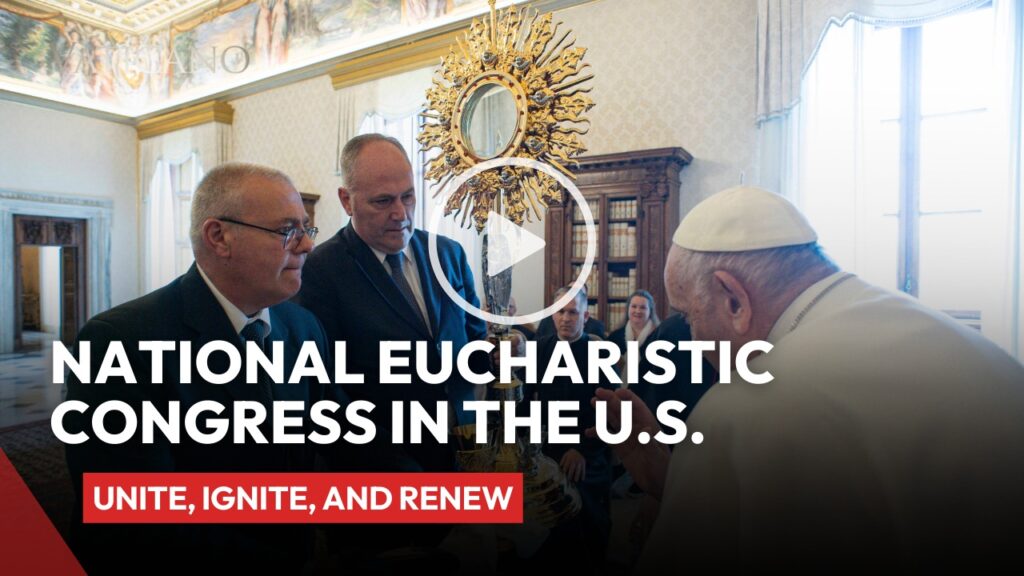In recent developments in France, President Emmanuel Macron has received a draft bill concerning end-of-life legislation. This follows the affirmative stance taken by the Citizens’ Convention on assisted dying and euthanasia under specific conditions. However, the actual contents of the law remain undisclosed, leading to extensive discussions within the French media. One thing is certain: Pope Francis has vehemently voiced his opinion, declaring, “Life is not to be trifled with.”
Notably, President Macron did not discuss the law with Pope Francis during their bilateral meeting in Marseille, partly because the presentation of the bill was strategically postponed from September 21 to September 25, just before the Pope’s arrival.
Despite the anticipation, there has been no public release of the bill’s text, which President Macron envisions as the “French model of end-of-life.” However, the law has drawn mixed reactions, even beyond the Catholic community. Le Figaro reports on the controversy stirred among 800,000 healthcare professionals by a text that combines the development of palliative care with assisted suicide.
Following the Pope’s stern words during his flight, describing the proposed reform as posing “ethical vertigo,” the law now firmly rests in the hands of the Élysée Palace. The expected legislation would grant the right to actively assist in dying only to adult patients suffering from incurable diseases with a medium-term life prognosis. Whether President Macron chooses euthanasia or assisted suicide, or if the bill includes both options, remains unknown.
Considering the Citizens’ Convention’s endorsement of both approaches on April 2, it is possible that the latter scenario is under consideration. The Convention, comprising 185 randomly selected French citizens aged 18 to 87, reached a decision after three months of deliberation. While they endorsed legalization, they expressed reservations about euthanizing children or individuals unable to express their will, emphasizing a need to further develop palliative care resources.
This has led to confusion and division. Thirteen professional organizations and scientific societies have advocated for the development of palliative care over promoting euthanasia. Additionally, the National Council of the Order of Physicians, on April 1, declared its disapproval of physicians participating in euthanasia.
In late March, French bishops, gathered in plenary, issued a statement expressing their sensitivity to the suffering and anxieties of patients. They noted the presence of many Catholic faithful supporting those in distress in hospital chaplaincies and retirement homes. The bishops commended the dedication and competence of healthcare workers.
The bishops seized upon the palliative care aspect, acknowledging its still insufficient but significant progress. They highlighted the importance of a palliative dynamic that focuses on each individual and those around them, significantly contributing to the humanity of French society.
In strong language, the bishops remarked that the present era is marked by a mixture of denying death and being fascinated by it, expressing hope that the ongoing end-of-life debate could become a positive opportunity for significant progress in supporting and caring, particularly for the elderly, in the country. Unfortunately, many legislative projects in this area have yet to fulfill their promises. The debate on “assisted suicide” also raises the broader issue of our collective commitment to suicide prevention.
Will the words of the bishops, coupled with those of the Pope, influence the Élysée Palace? For now, the outcome remains uncertain, but it is certain that the bishops will continue to advocate for life in the upcoming months of debate.

